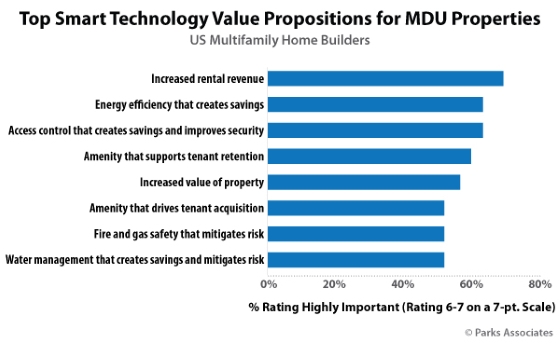Navigating the Complex Landscape of Compliance Standards for Cyber Protection in Multi-Unit Units to Guarantee Resident Safety and Information Protection
Wiki Article
Within today's world, numerous individuals live in multi-unit buildings, such as apartment buildings and condo communities. Such locations often share shared networks for online and additional amenities. Although this setup can be convenient, it also raises significant questions about network safety and compliance standards. Ensuring the security of tenants and safeguarding their data is essential. This piece will examine the intricate environment of compliance standards for system safety in multi-dwelling units, focusing on how these guidelines assist keep residents secure and protected.
One of the key regulatory standards that apply to system security is the EU Data Privacy Regulation (GDPR). This regulation is intended to protect personal information and privacy for individuals inside the EU Union. While it primarily applies to companies operating in Europe, its principles can affect practices in other areas as well. For multi-unit buildings, adhering to GDPR requires implementing strong information protection protocols. This includes ensuring that tenants' individual information is collected, kept, and processed securely. By adhering to these standards, property administrators can assist build confidence with residents and guarantee their data is protected from unauthorized intrusion.

A further important guideline is the Health Insurance Flexibility and Responsibility Act (HIPAA), which protects sensitive healthcare data in the medical sector. In multi-unit buildings, especially those that provide healthcare assistance or have tenants with specific health requirements, compliance with HIPAA is crucial. This means that any health-related data gathered from tenants must be kept confidential and protected. Building administrators must ensure that their network infrastructures are configured to avoid data breaches and illicit access. By taking these steps, they not only adhere with legal requirements but also promote a secure residential space for all residents.
In addition to GDPR and HIPAA, the Payment Payment Sector Information Security Standard (PCI DSS) is a further vital regulatory standard. This standard is especially important for multi-unit units that accept credit card payments for lease or amenities. PCI DSS specifies security measures that must be in place to safeguard cardholder information. This entails securing sensitive information and regularly monitoring system safety. By adhering to PCI DSS standards, property managers can reduce the threat of information leaks visit the site and safeguard tenants' monetary information, which is vital for maintaining their trust and safety.
Finally, it is crucial for multi-unit buildings to remain informed on regional and national regulations regarding network security. Laws and standards can change, and staying aware is essential for adherence. Building administrators should frequently assess their safety policies and practices to ensure they meet current requirements. This preventive strategy not only assists in upholding compliance but also enhances the general safety of the system. By focusing on tenant security and information safeguarding, multi-unit buildings can establish a safe residential environment that encourages confidence and reassurance among tenants.
To summarize, traversing the intricate environment of regulatory guidelines for system safety in multi-unit buildings is crucial for guaranteeing tenant security and information protection. By understanding and implementing guidelines like GDPR, HIPAA, and PCI DSS, building administrators can establish a safe space for their tenants. Remaining updated about local regulations and regularly reviewing security practices further improves this commitment to safety. Ultimately, a strong emphasis on adherence not only safeguards tenants but also fosters a feeling of community and confidence among multi-unit buildings.